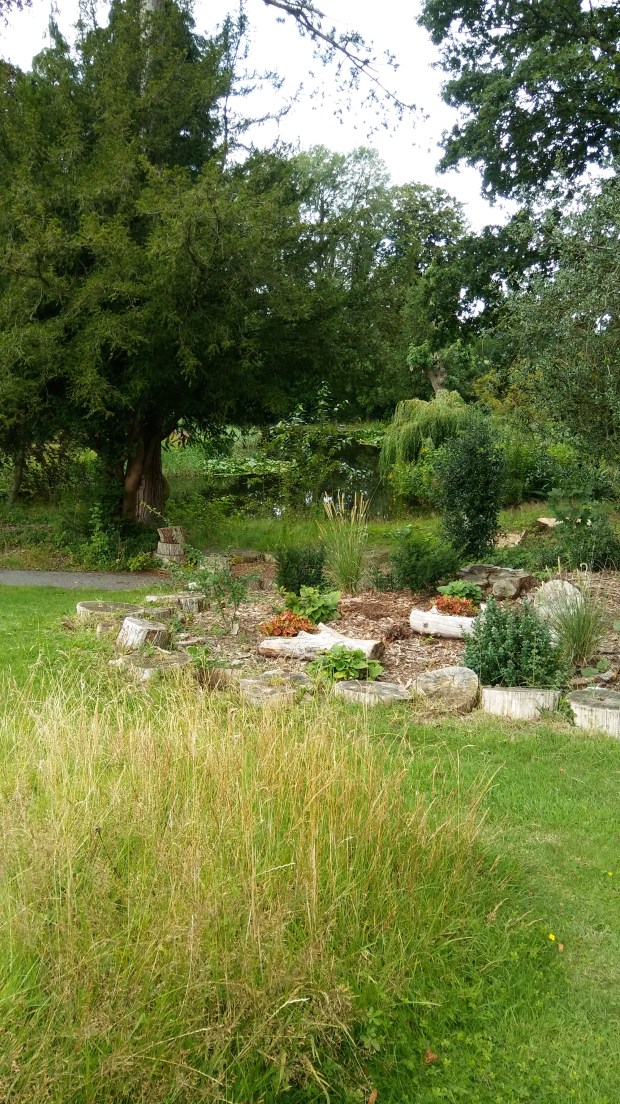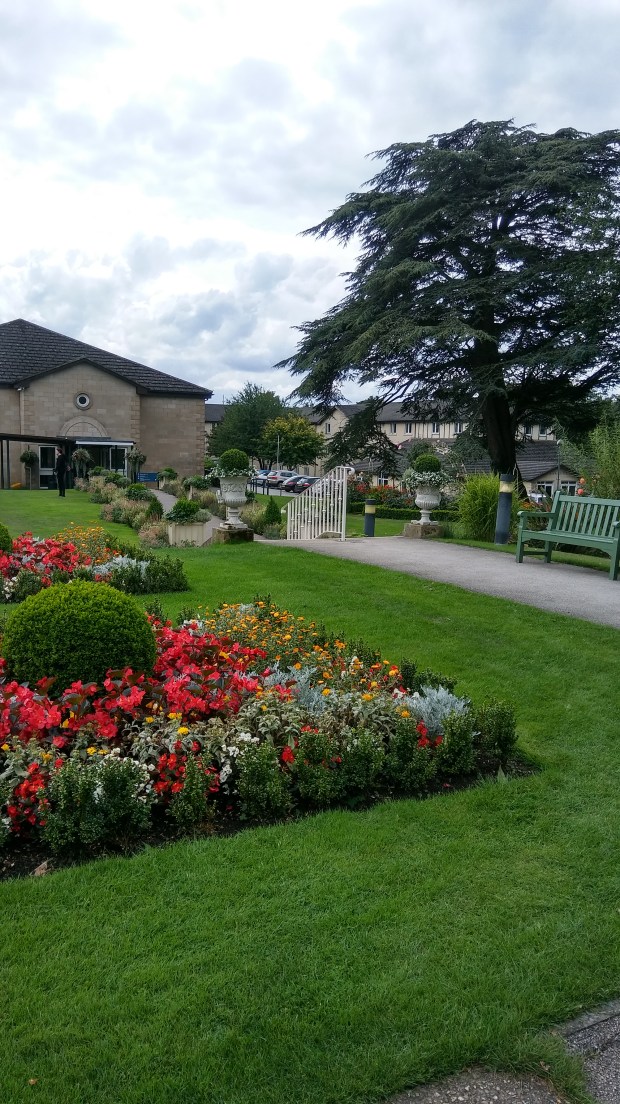Facebook – General – and Chandler’s Ford Today
As part of my CFT post this week, As One Season Ends, I look at how getting older has helped me as a writer. I prefer to use the term mature, though I appreciate that may put you in mind of a fine wine or a good cheese! I am proud to say though my “wine/cheese” still has plenty of life in it and I’m well ahead of my Best Before Date.
One thing I love about writing is it is not the privilege of one age bracket only. Debut writers have had successes when young or old and I find that tremendously encouraging. I hope you do too.
Image Credit: As ever, the marvellous Pixabay. Captions on CFT post.
What I love about character creation:-
1. You literally get to invent people. People with traits you’d like to have. People with traits you’re glad you DON’T have. It’s huge fun inventing a new person (I suspect Baron Frankenstein may have had similar thoughts but with much more questionable results in his case!).
2. You have great fun inventing dialogue for your characters and I love it when “they” come up with something that surprises me. I then look at this again and think, yes, that suits the traits I’ve given them. It’s proof to me this character is live, working, “their own” person and likely to be distinctive to the reader.
3. You have even more fun dropping said characters right in the mire and finding out how they get out of it (or not as the case may be. In the latter case, does someone else help them out? Why? What do they hope to gain? All sorts of story possibilities there).
Well, the weather was cooler today, much to the relief of both Lady and me. (The same can’t be said for the political atmosphere in the UK at the moment and that’s all I’m saying about that).
Writing wise, while I believe there is a lot of truth in there only being so many plots in the world, I also believe there are infinite possibilities with said plots. Why?
It’s all down to the characters. Character creation fascinates me as a tweak here or there can make a huge difference to how your character is going to respond to situations and therefore what conflicts ensure. If they’ve got any kind of spirit they will be the cause of problems AND be the type that resolves them (or those caused by others who are worse than they are!).
A meek and mild character is not generally going to be the hero/heroine (I never did like Miss Price in Austen’s Mansfield Park, far too wishy-washy for me) but they can be an irritant (however unintentionally) to your main character and be the cause of further problems for your lead to sort out. So even this kind of character can be useful.
Have fun with your people, people!
Facebook – From Light to Dark and Back Again
When I was putting From Light to Dark and Back Again together, I didn’t have an overall theme in mind. The stories were a nice mixture of humorous and dark tales and that directly inspired the book’s title.
When writing individual flash fiction stories, I focus on who the character is going to be, what their major trait is, and whether the story is going to be a funny or dark one.
If I’m writing for a competition with a set theme, then I work out different ways of how that theme could be taken and then go with the one I like best. It is very rarely the first idea I came up with either.
It is true for me when brainstorming ideas I do have to get the dross out of my system before coming up with something that has real possibilities. The important bit is not to worry about the dross, after all you’ll be discarding that, but get to those deeper ideas and that’s where you will find promising story ideas and characters to work with.
Open theme competitions can sometimes be more difficult precisely because they’re open. I set my own theme for these and then work to that. I have to have some parameters and then away I go. All I can say is that it works for me.
Whatever you’re writing this weekend, have a fab time doing so!
My favourite kind of ending for flash fiction stories is the twist one. I like trying to guess at it and feel pleased when I’m right. I’m more pleased when I’m not as the author has kept me guessing and wrongfooted me (and I really don’t mind that at all!).
It’s a tough thing to get right though.This is where I think knowing what your twist ending will be and then working backwards to get to the start point would pay off. I’ve found this to be a technique that works for me and I’m in illustrous company too. Agatha Christie was known to do this and I can see why.
I hope you had writing fun with the random word, phrase, and number generators. The great thing with these is if you’re ever stuck for something to write about, use any of these and just go with what comes up. It doesn’t matter if what comes up is ridiculous. Have fun with it!
Just free write, say for a set period of time, and have a look at your work later. Don’t expect it to be perfect. It won’t be. (I doubt if there is any such thing as a perfect piece of writing anyway).
What I hope you will find is in having something to work with, it will free up your imagination for other writing projects you have on the go.
I find it to be a fun thing to do and I often do use the generators for flash fiction in particular. (Oh and another great prompt can be pictures of course. See what you can do with the great images from Pixabay below!).
Association of Christian Writers – More than Writers –
– Appreciating Writing
How often do you take time out to appreciate writing – your own, as well as the work of others? Not often enough, I suspect, but this begs the question should we appreciate writing more? Wouldn’t we be better off just writing? I’d argue appreciating writing will help you improve your own.
 |
| Inspiring, Entertaining, Informing – all good things to aim for with our writing. Pixabay |
Every now and again, I recall what writing has done for me. I look at what the work of others has done for me too. One novel changed my attitude to a king. (The Daughter of Time by Josephine Tey if you were wondering. The way it is written is good too).
 |
| Appreciating our writing, and that of others, should help us, and them, develop as writers. Pixabay |
I believe in realising why you must write and its effects on you (in developing a creative streak, if nothing else), you will end up inspired to write better.
It is in writing my stories and blogs I discovered the hard work needed to (a) keep these going, (b) to continue to be entertaining and, hopefully, share useful information, and (c) how hard other writers must work on their material.
 |
| I’m also grateful for technology. I don’t miss carbon paper and typewriter erasers. Pixabay |
I appreciate a great turn of phrase so much more now and often wonder how long it took the writer to come up with the final selection of words that made it into print.
In appreciating the writing of others, you can also analyse what it is you love about it. What can you learn here to apply to your work? There will be something.
In going to conferences and Writers’ Days, you appreciate the breadth of the writing world and find encouragement within your own sphere. Writing has taken me to places I’d never dreamed of reaching. (If someone had told me a couple of years ago, I’d happily take part in Open Prose Mic Nights, I’d have told them not to be so silly).
 |
| I used a bigger Olympia. It weighed a ton! I really appreciate not having to lug that around any more! Pixabay |
Writing should stretch you and that is good. There is no such thing as the perfect piece of writing but what we can do is the best we can at the time and go on to do better as we learn more about our craft and pick up tips from other writers.
It is also lovely when you can share tips with others. Writing is a lonely enough profession so support and encouragement go a long way. Well, they do for me.
Writing is something not to be taken for granted then. I don’t write to give a message. I write to entertain. I hope my stories and blog posts can lift people when they need that. I see it as giving back to the writing world which has given me so much.
 |
| This is always a good idea. Pixabay |
There is every point for “message” writing. There is every point just to entertain. We cannot know what hard times readers are going through but to give them opportunities to take time out for a while is worthwhile. So never be ashamed of just writing to entertain. I do sometimes wonder if entertainment is looked down on as a reason to write. I don’t think it should be.
Fairytales with Bite – As One Season Ends
My CFT post, As One Season Ends, looks at the topic from a personal and writing viewpoint, but here I want to look at how your characters handle the changes in the seasons in their lives.
We all have such seasons and our characters should be no different. After all, there have been times in life when we have been students and other times, say, when we’ve been employees. So what seasons in life do your characters go through?
If your setting is in fantasy or sci-fi, do your characters have education as we know it? What do their young people have to go through to be considered mature? How do your characters cope with expected changes in life (their society expects them to do this and then do that etc)? How do they handle the unexpected ones (the sudden loss of someone special etc)?
Does your created world have physical seasons as we understand them here? If so, what function does each season serve? I would expect there to be some sort of growing season (which logically must be followed by some kind of harvest).
How do your characters mature? Are there rituals they must follow and what happens to anyone who defies that?
Plenty of food for thought there I think.
Image Credit: As ever, the photos are from the fantastic Pixabay. The ones I originally used on this on FWB are up above under my CFT link. Here are some other beautiful seasonal pictures. I always love an opportunity to use photos like these.
This World and Others –
What Every Good Story or Non-Fiction Piece Needs
While every genre has specific requirements, what every good story needs can be summarised as follows. (A lot of this can apply to non-fiction too).
- Memorable characters with distinctive voices. For non-fiction, this equates to a memorable narrative style and voice. Think of documentaries you have loved. What made them stand out? A lot of that will be down to the narrative voice.
- A plot that keeps the reader enthralled and has plenty of ups and downs. For non-fiction, it is a case of setting out what you want to share with the reader in an entertaining and informative way. No dull list of facts etc. You want to engage with your reader and draw them into the world you’re trying to show them.
- To meet the needs of the reader whether it is to entertain them with a story or show them something they hadn’t known with non-fiction. You really do need to know your audience.
- A powerful ending that delivers on a promising start.
- No sagging middles!
- A good, memorable title which hooks the reader.
- To be a good advert for the other writing you do!
Image Credit: The fantasic Pixabay.













































































































































































































































































































